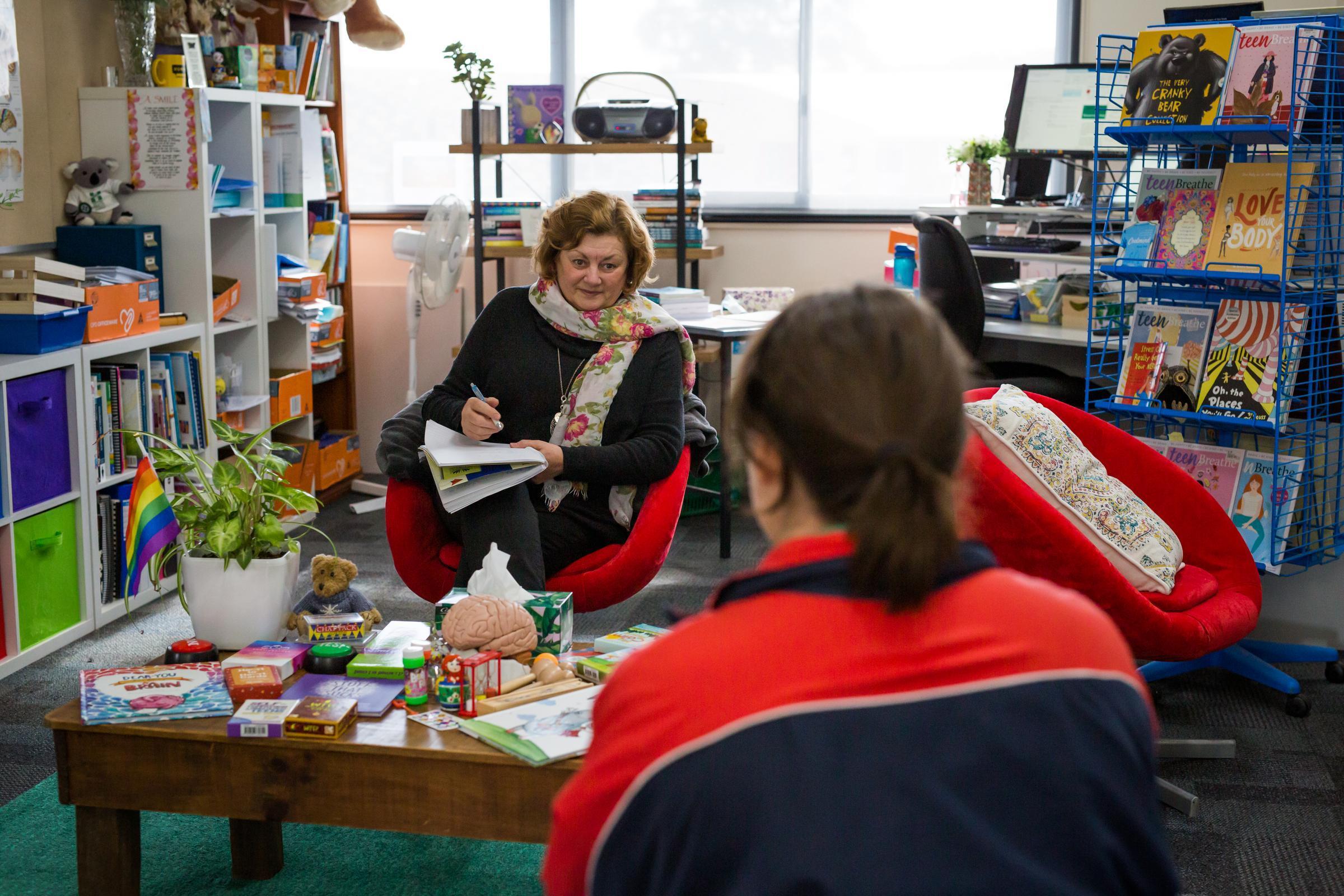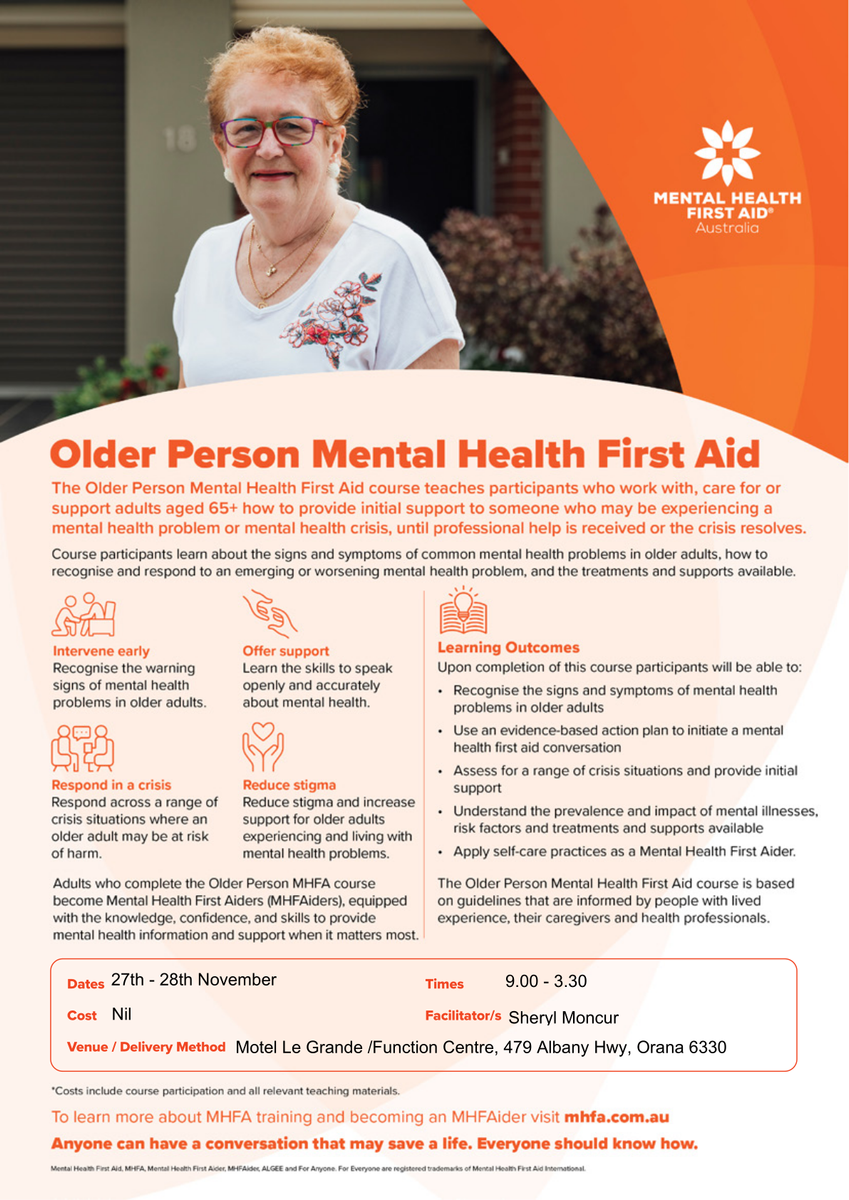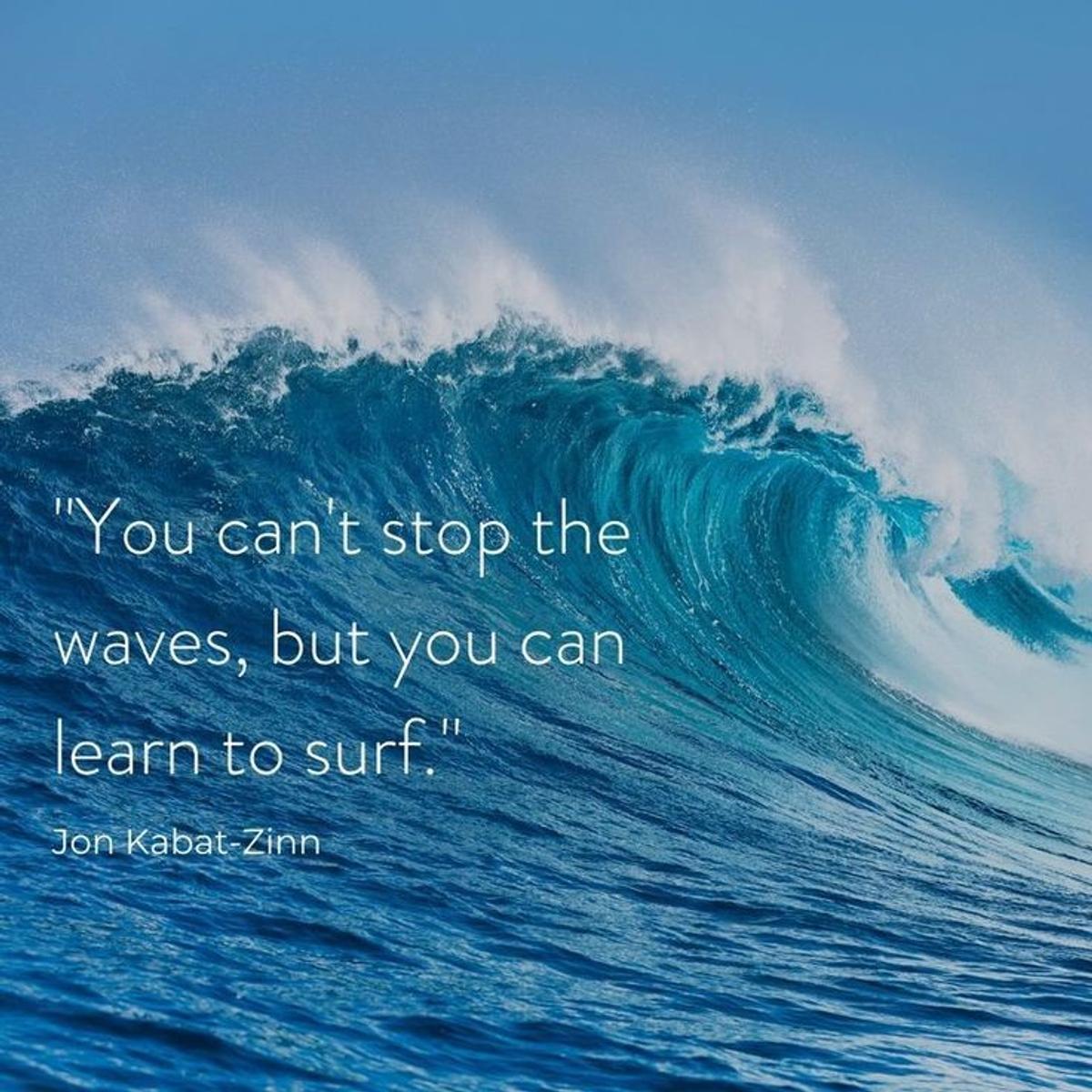From the Wellness Centre

This will be the last missive from Wellbeing Central WB 23 for 2024.
Older Persons MHFA
(I might have mentioned this recently😊)
I wish to spruik the Older Persons Mental Health First Aid course which is being held next week, the information for which is in the flyers. This is promising to be a fantastic group of adult learners, keen to understand more about how to notice signs and symptoms of mental health problems in older people, and how to engage with them and link to professional support, if appropriate.
It’s not too late to sign up😊sheryl.moncur@gsg.wa.edu.au
Two Day Course
When: 27 November and 28 November (9.00am to 3.30pm incl time for breaks)
Where: Motel Le Grande / Function Centre, 479 Albany Highway, Orana, Albany
Who: any GSG community member who wishes to learn more about mental health needs of the ageing
How: face to face presentation by Sheryl Moncur
Cost: Nil (sponsors Palmerston and GSG)
See flyers for more information and please feel free to email me your interest sheryl.moncur@gsg.wa.edu.au
Alternatively, you might register you interest with kjohnson@palmerston.org.au
It Takes a Village…
Sometimes we need all the help we need … and asking for it can be challenging. Listed in the next paragraph are some stellar resources which I refer to at least weekly on a professional and personal basis.
Maggie Dent and Steve Biddulph (Raising Our Boys Well: From babyhood to adulthood | Maggie Dent's) have recently commented on the parlous state of the world and how we can still offer our warm, loving and kind “lighthouse” guidance or our young people. Be that go to harbour for our youth, who really do crave secure, safe boundaries with someone whom they can be vulnerable, honest and encouraged.
Linda Stade (Friendship Archives - Linda Stade Education) and Rebecca Sparrow (Building Better Friendships with - Rebecca Sparrow) also confirm that boundary setting at home will offer our young people behaviour options, will encourage better choices more frequently, will catalyse language phrases of strength and self-care.
Karen Young (Hey Sigmund - Building Courage in Kids & Teens With Anxiety) explores and encourages us to help our young ones to sit with difficult feelings and still do brave stuff.
Paul Dillon, renowned advocator of Drug and Alcohol Research Training Australia Digital Cards - DARTA has engaged with young people to develop this set of cards which he says is “not quite an app” though is easily downloaded to phones. Teens are natural peer protectors and problem solvers, and this newly minted set of cards is a practical, immediately accessible tool. For teens and their parents. And this is free. See below for some more details from the marketing blurb.
Keep your mates safe and be prepared with DARTA Digital Cards
Introducing the free DARTA Digital Cards app. Whether it’s helping a friend who’s had too much to drink or knowing what to do during a bad trip, these digital cards are designed to provide quick and easy-to-understand guidance.
With cards dealing with situations like looking after a drunk friend, greening out and vomiting, you’ll have vital information at your fingertips to help out when things go wrong.
Keep your mates safe and be prepared with DARTA Digital Cards.
Adolescent romances can be challenged during disruptions to routines such as holidays, when usual catch ups and check ins might be reduced or geographically impossible. I read the article below recently, and was reminded that adolescent brains are a work in progress and the crashes some of our teens feel when relationships and friendships break down can be dire. Linda Stade (referenced above) also has much to say about this.
The big idea: why we should take teenage love more seriously | Psychology | The Guardian
Family Holiday and Lifestyle Pastime: a favourite of mine
Earlier this year I eagerly shared some scintillating reads which I’m going to trot out again and add to:
Phosphorescence and Bright Shining by Julia Baird are beautiful inspiring works which invite us to simply appreciate in the moment sensations and to open our awareness from there.
Enchantment and Wintering by Katherine May, gently direct us to notice, to be mindful of the spaces between (words, thoughts, sensations, people etc) so that we may investigate the profound and transformative value of the intentional search for meaning in nature and the quotidian.
“Awe hunting” can bring magic, presence and mindfulness into your day. It is free, it is fun, and with little effort, it is effective. The idea is that you experience your day a little differently – by being a smidge extra present and a little more curious, by cultivating a willingness to be surprised, by being a tad more open-minded, by suspending your disbelief, by noticing those glimmers and relishing those sensations that might stop you in your tracks for a moment and make you gasp with delight and wonder … the possibilities are astonishingly endless. And your neurochemistry and immune system will love you for it.
Families that share such captivating transcendental experiences together, might even deepen their connections and enhance their mental health. I am so hooked on these practices that I evangelistically exhort you to consider daily practices of glimmer gathering and awe hunting (yes – you have to make the time) and you will gradually realise the value of these experiences. Having control, agency and the ability to mould our own being, and to tread our own path alongside loved ones (two and four legged) is where we find freedom. Even within a window of only a few seconds.
Some of my favourite recent gems:
- Hearing Molly’s muesli needing moo each morning at 5.45 …
- Seeing the fleet flash in the afterimage of what I realise with joy, seconds later, was a red eared firetail, scooting from shrub to shrub
- The unguarded spontaneous and warm smile from one of my favourite humans in Year Ten: true balm for my soul …
- Noticing the regularity of the sussurative breath of my beloved Hamish in repose
- The reassuring jolt I get out of noticing the Southern Cross and then realising we’re actually in the Milky Way
- The absolute kick I get out of opening a new book – portal to yet another world
Awe hunting can be habit forming – I must confess. This practice can gradually become a joyful antidote to triggers, by helping to regulate our sympathetic nervous system. Deb Dana, an American therapist who specialises in treating complex trauma coined the term “glimmers” in her 2018 book Polyvagal Theory in Therapy: Engaging the Rhythm of Regulation. Indeed, Dana describes glimmers as the opposite of triggers. We know that while triggers are cues of danger that can activate our fight/flight stress response, Dana says that “glimmers are tiny moments of peace and joy in everyday life that bring us back to safety and connection, regulating our nervous systems in the process”.
Awe hunting/glimmer noticing “are micro-moments that signal to our system that we’re safe”, claims Tamara Cavenett, a clinical psychologist and former president of the Australian Psychological Society.
Wishing You a Summer of Grace, Togetherness, Joy and Restoration
As I write, I hope you are enlisting your crew – gifting them some festive challenges of their own making (from food, to games, to playlists, to filming the events etc), sharing the challenges that family get togethers sometimes attract.
I do hope your summer brings joy, relaxation, rejuvenation, insight, and real face to face connectedness with your beloveds.
Ms Sheryl Moncur | School Counsellor/Teacher


